Breast cancer patients who are detected early, diagnosed and treated effectively, have a 5-year survival rate of over 90%.
On April 12, Master, Doctor Huynh Ba Tan, Department of Breast Surgery, Tam Anh General Hospital, Ho Chi Minh City, shared the above information, adding that in the past, breast cancer was mainly discovered by chance, when the disease was in the late stages with obvious symptoms. Currently, many women proactively undergo regular health check-ups thanks to access to mass media, understanding the importance of cancer screening.
Breast cancer screening helps detect early abnormalities in the breasts of healthy people without symptoms (tumors, nipple discharge, etc.). Screening methods (ultrasound, mammography, MRI, etc.) and treatment (surgery, chemotherapy, radiotherapy, endocrine, biological, immunological) help increase the rate of early detection and effective treatment.
In early stage treatment, patients can reduce the dose or not use chemotherapy drugs, endocrine drugs..., limiting side effects. Patients also reduce treatment costs and mental burden, the cure rate and quality of life are improved. In late stage disease, the treatment process is difficult, costly but less effective.
According to Dr. Tan, early detection facilitates breast reconstruction, ensuring aesthetics for the patient. Breast cancer patients at stage 0, with timely treatment, have a chance of being cured up to 100%. With early stages 1-2, the 5-year survival rate is about 99%, stages 3-4 are 80-86%, 25-30% respectively.
Being in the age group for cancer screening, Ms. Quyen, 50 years old, went to Tam Anh General Hospital in Ho Chi Minh City for a check-up. Her ultrasound and biopsy results showed a 1.1x0.5x1.1 cm tumor, with an additional 0.7x0.2 cm nodule nearby, clearly defined and hard and elastic.
Dr. Tan said that Ms. Quyen's right breast lesion was classified as BIRADS 4A, meaning the malignancy rate was 2-10%. To accurately determine and not miss any cancer, the doctor ordered her to have a fine needle aspiration (FNA), which detected a right breast carcinoma (epithelial cancer).
Ms. Quyen underwent surgery to remove her right breast, biopsy the sentinel lymph nodes, and reconstruct her breast with a muscle-skin flap from her right back. After surgery, she continued chemotherapy to destroy any remaining cancer cells that could recur.
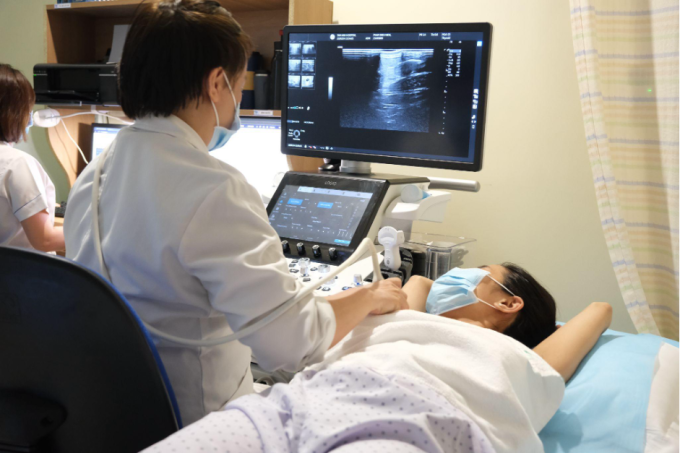
Doctor performing chest ultrasound at Tam Anh General Hospital, Ho Chi Minh City. Illustration photo: Provided by the hospital
Similar to Ms. Trinh, 45 years old, ultrasound showed an irregular lesion, unclear boundaries, thorny edges, tortuous blood vessels and hard elasticity. After biopsy, the doctor diagnosed Ms. Trinh with stage 0 breast cancer. The patient chose to have surgery to remove the entire cancerous breast, prevent mastectomy of the contralateral breast and reconstruct both breasts by placing separate breast implants, ensuring aesthetics.
Thanks to early detection, the tumor was not invasive, so Ms. Trinh did not need post-operative radiation therapy, did not need breast cancer screening, and did not need to take medication for 5 years. Ms. Trinh's chance of being cured of breast cancer is up to 100%, with a low risk of recurrence, according to Dr. Tan.
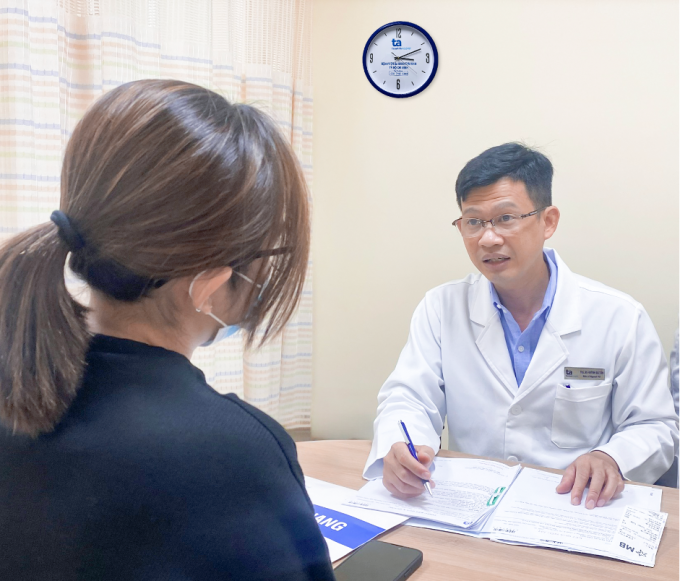
Doctor Tan examines and screens a patient. Illustrative photo Photo: Nguyen Tram
Dr. Tan said that breast cancer tends to increase and become younger. According to statistics from the Global Cancer Organization (Globocan), in 2020, our country had 21,555 new cases of breast cancer, ranking third among cancers. By 2022, new cases of breast cancer will be at the top, with more than 24,500 cases.
Early stage breast cancer has not spread beyond the chest or metastasized. Early stage symptoms are often nonspecific and may include swelling of the breast, pain in the chest, especially in the area where the tumor is located, a lump in the armpit or chest, nipple pain, signs of sunken or retracted breast skin, and abnormal secretions. Some cases may experience changes in breast size.
Dr. Tan advises women to get into the habit of self-examining their breasts at home, having regular breast examinations at medical facilities, and screening for breast cancer, especially when they feel a lump or other abnormalities in their breasts such as swollen and thickened breast skin, inverted nipples, etc. Women over 40 should have a mammogram every year. Young women, even if they do not have relatives with breast cancer or risk factors (BRCA1-2 gene mutations), should also have regular check-ups.
Nguyen Tram
| Readers ask questions about cancer here for doctors to answer |
Source link




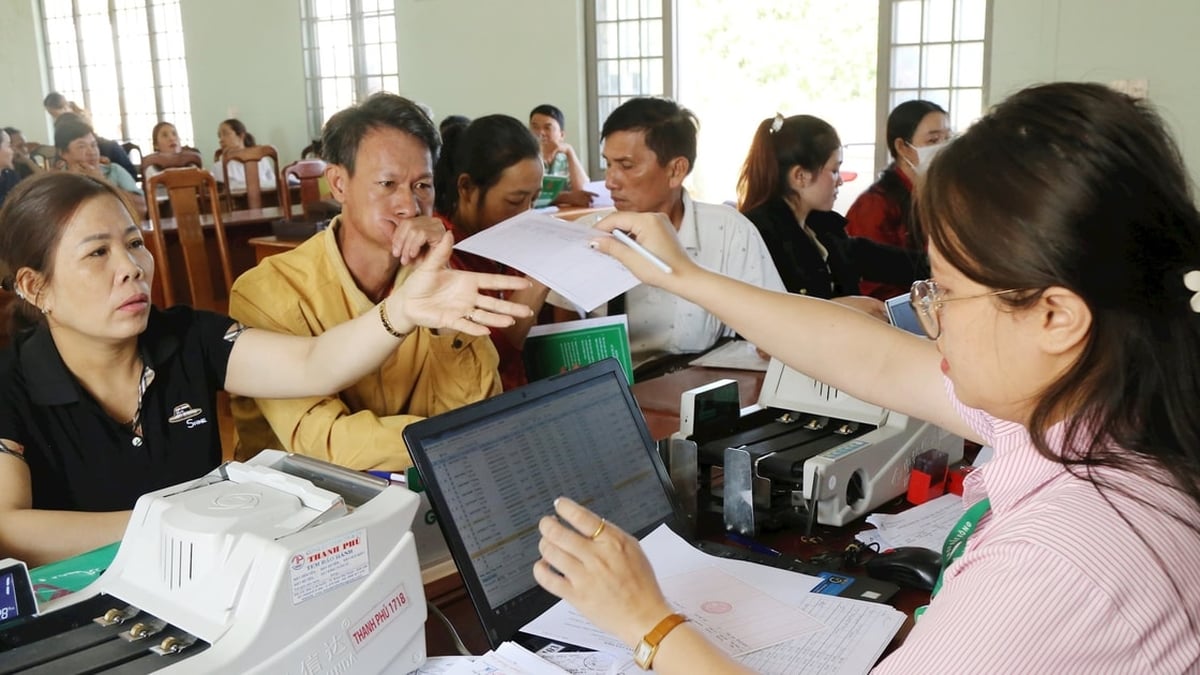




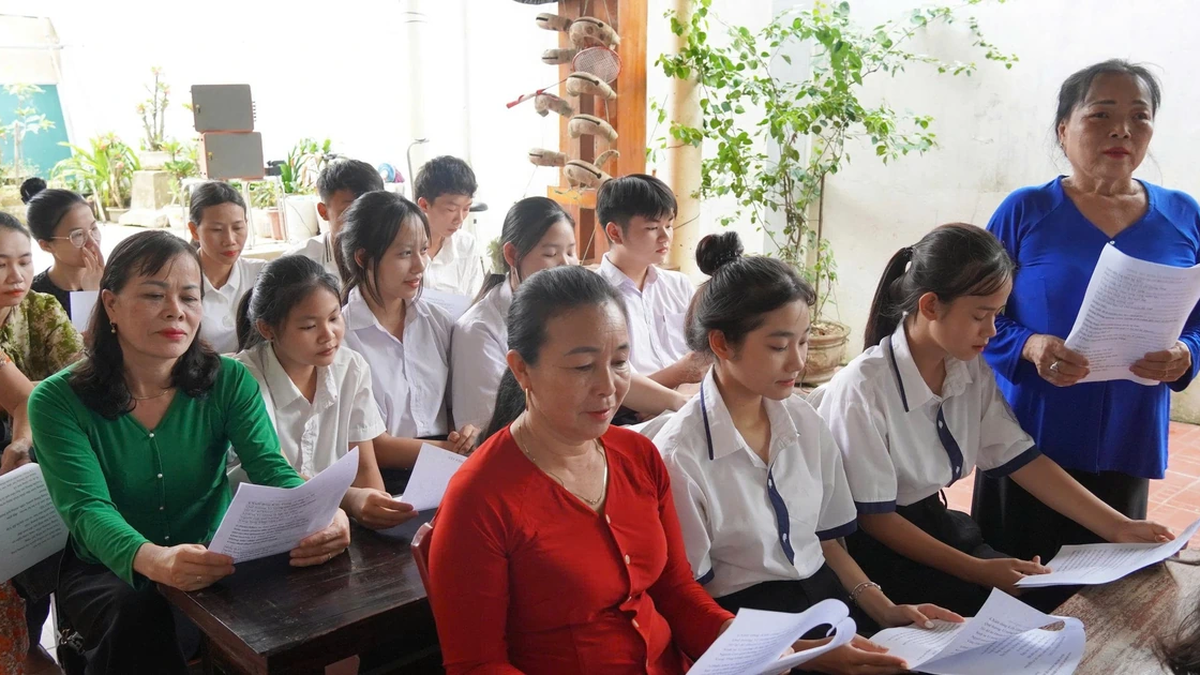

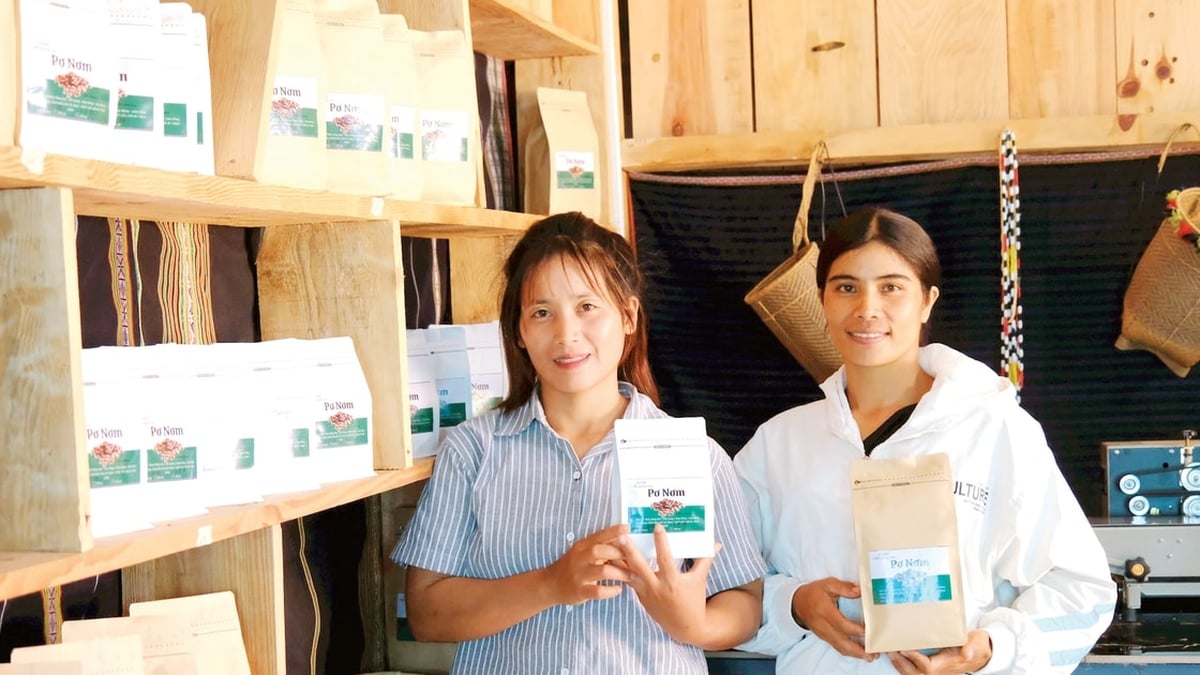


















































































![[Infographic] In 2025, 47 products will achieve national OCOP](https://vphoto.vietnam.vn/thumb/402x226/vietnam/resource/IMAGE/2025/7/16/5d672398b0744db3ab920e05db8e5b7d)





Comment (0)